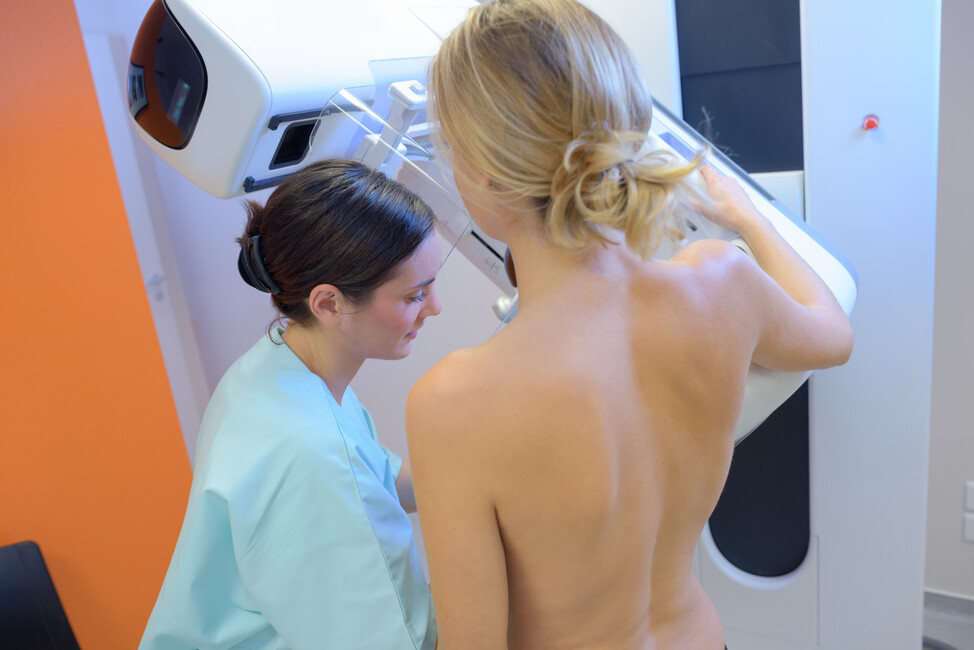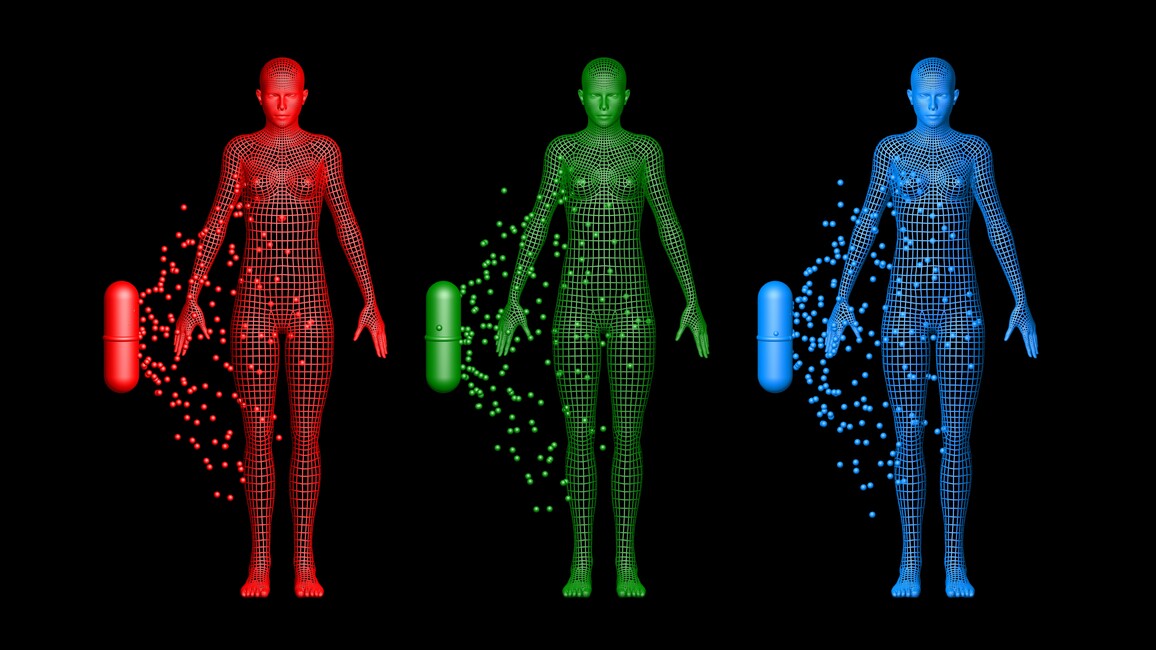International Future Labs for Artificial Intelligence : Date: , Theme: international affairs
The Federal Ministry of Education and Research is funding three international research groups to conduct joint research in Germany on various areas of artificial intelligence (AI).
Germany excels in AI research. But scientific excellence thrives on collaboration with the best in the world. The Federal Ministry of Education and Research therefore aims to strengthen cross-border research cooperation while enhancing Germany’s visibility as a research and innovation hub. To this end, it launched a competition to establish International Future Labs in 2019. The aim is to bring together outstanding scientists from the world over to collaborate on current research and development questions in AI.
The three future labs bringing together AI researchers from Germany and around the world
In May 2020, three research teams in Berlin, Hannover and Munich began working together on research into current questions in AI:
Using artificial intelligence for Earth observation
Led by the Technical University of Munich in collaboration with the German Aerospace Center, the AI4EO Future Lab will focus on the development of AI technologies for Earth observation. Examples include big data analysis of satellite data to model global urbanisation, global nutrition and the management of natural hazards. In this way, smart data from space is harnessed to help decision-makers down on the ground shape sustainable and liveable cities or contain forest fires at an early stage.
Artificial intelligence and personalised medicine
A future lab coordinated by Leibniz University Hannover is working on smart, reliable and responsible systems with an application focus on personalised medicine. The researchers at the Leibniz AI Lab aim to use machine learning among other things to speed up diagnostics and drug development and to improve personalised treatment.
Artificial intelligence for more efficient biolabs
The third future lab, KIWI-biolab, will use AI technologies to analyse data on microorganisms and enable computers to plan lab experiments autonomously. Focuses include the development of new medical drugs and the production of sustainable plastics and raw materials. The research team is led by Technische Universität Berlin.







